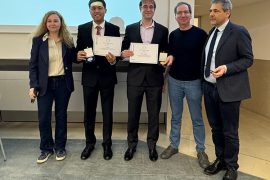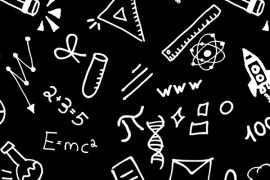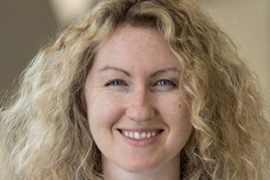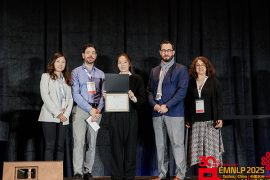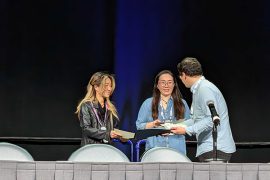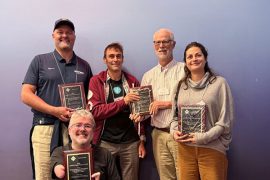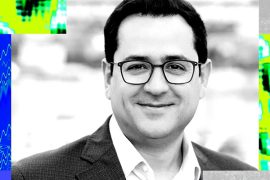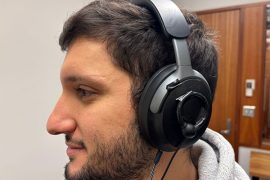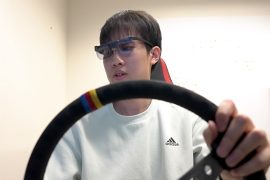Latest News
Stories about the Allen School’s people, research and impact.
-
February 9, 2026 -
Allen School News
Rothvoss, who is a member of the Allen School’s Theory of Computation Group, collected the inaugural Trevisan Prize in the mid-career category for his breakthrough contributions in the study of optimization problems.
-
February 4, 2026 -
UW News
In a paper published in the journal Nature, a team of Allen School and Ai2 researchers unveiled OpenScholar, a system that can cite scientific papers as accurately as human experts and incorporate new research after it has been trained.
-
February 3, 2026 -
Allen School News
The Institute of Electrical and Electronics Engineers (IEEE) recognized Kemelmacher-Shlizerman for her “contributions to face, body, and clothing modeling from large image collections,” including pioneering virtual try-on tools and bringing the technology to the mainstream.
-
January 29, 2026 -
Allen School News
A team of Allen School and Ai2 researchers were recognized for developing an efficient, scalable system for indexing petabyte-level text corpora with minimal storage overhead to better understand the data on which large language models are trained.
-
January 22, 2026 -
Allen School News
Allen School researchers led the development of a benchmark dataset of 26,000 real-world, open-ended queries to evaluate the creative generation of large language models. They discovered major LLMs all generate similar outputs as if they’re part of an Artificial Hivemind.
-
January 7, 2026 -
Allen School News
The team co-led by professor emeritus Richard Ladner examined how people with visual and motor disabilities select, adapt and use mobile devices in their everyday lives. Since its publication in 2009, the findings have helped guide new innovations in mobile device accessibility.
-
January 6, 2026 -
Business Insider
Farhadi, who co-leads the Allen School’s Reasoning, AI, and VisioN (RAIVN) Lab and is also CEO of the Allen Institute for Artificial Intelligence (Ai2), was recognized for his leadership in open AI research and his influence on how institutions scale AI for the benefit of humanity.
-
January 2, 2026 -
WIRED
Professor Shyam Gollakota spoke to WIRED about his work with UW spinout Hearvana leveraging AI to enable people to go beyond noise canceling to customize their soundscape — including selectively amplifying sounds or voices they want to hear while minimizing ones they don’t.
-
December 17, 2025 -
Allen School News
The fellowship will support Zhang’s work in sustainable ubiquitous computing, including the development of recyclable electronics and leveraging artificial intelligence to estimate carbon footprints and provide personalized health insights.
-
December 16, 2025 -
UW News
New research from UW researchers and the Toyota Research Institute, or TRI, explores how drivers balance driving and using touch screens while distracted. The results could help auto manufacturers design safer, more responsive touch screens and in-car interfaces.

